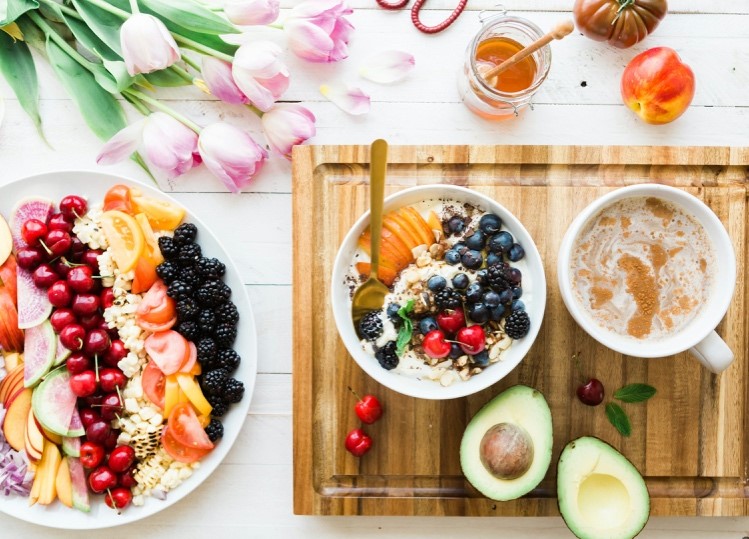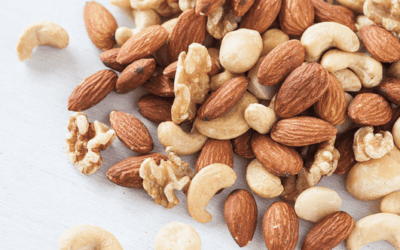Picture yourself coming home after a long day, exhausted and hungry. You open the cupboard and spot a bag of crispy chips or a chocolate bar. Without thinking, you take a bite, then another… and before you know it, the package is empty.
This isn’t just a lack of willpower. Ultra-processed foods are designed to be irresistible. They trigger brain responses similar to those caused by addictive substances like nicotine or cocaine.
So how can we regain control over what we eat when faced with products packed with preservatives, sweeteners, additives, and industrial fats?
How ultra-processed foods affect your brain
A well-crafted strategy by the food industry
Behind every tasty bite lies a strategy. Ultra-processed foods are carefully engineered to maximize sensory pleasure. They combine just the right amounts of salt and fat to directly stimulate the brain’s reward system.
A 2023 study from the University of Michigan found that 14% of adults show signs of addiction to ultra-processed foods.
These foods cause a massive release of dopamine, the “feel-good” neurotransmitter, making them difficult to resist.
Food manufacturers also rely on the concept of the bliss point: the perfect balance of fat and salt that keeps us coming back for more. In France, ultra-processed foods make up about 35% of daily intake, or over 4 kg per week.
The impact on food choices
A 2023 study published in JAMA Psychiatry found that people who regularly consume ultra-processed foods have a 25% higher risk of developing impulse control disorders.
This helps explain why it’s so hard to stop after just a few bites. These foods rewire our brain’s decision-making circuits and make healthier options less appealing.
A serious threat to health
Depression, anxiety, and cognitive decline
Research by Inserm shows a 44% increased risk of depression and a 48% higher risk of anxiety linked to regular consumption of ultra-processed foods.
These products, often loaded with sweeteners, additives, and saturated fats, can harm mental health. They may also contribute to cognitive issues, especially in children, whose brains are still developing.
Gut health disruption
The preservatives in ultra-processed foods reduce the diversity of beneficial gut bacteria by up to 30%. This affects serotonin production, which plays a key role in mental well-being.
An imbalanced gut microbiome is also linked to chronic inflammation and digestive disorders.
Metabolic diseases and body imbalance
Ultra-processed foods are, on average, three times more caloric than whole foods. Among European teens, they account for nearly 60% of daily calorie intake.
This overconsumption is associated with a 32% higher risk of obesity and a 23% increase in type 2 diabetes risk.
The excess of refined carbohydrates in these foods also lead to metabolic disruption and fat storage.
What impact on future generations?
The rising consumption of ultra-processed foods among children and teenagers is a major public health concern.
A child who frequently eats ultra-processed foods has an 80% chance of continuing the same habits into adulthood, increasing the risk of chronic diseases.
A new approach to food education is essential. This includes learning about whole foods, cooking homemade meals, and building awareness of nutritional balance, to break the cycle of early dependence on ultra-processed foods.
How to take back control of your diet
Simple everyday choices
A product with more than five unfamiliar ingredients is likely ultra-processed.
Avoid foods high in preservatives, artificial flavors, additives, and sweeteners.
Cooking at home can reduce your intake of preservatives and additives by up to 80%.
Buying in bulk is a great way to access raw ingredients like grains, nuts, and homemade granola.
Start replacing highly processed foods with these alternatives:
– Try fruit-infused water instead of sodas loaded with sweeteners and additives
– Swap chips for nuts, which are rich in healthy fats and fiber
– Choose homemade snacks over ultra-processed chocolate bars packed with refined sugar
Food cravings are often tied to emotions and stress. A balanced diet rich in fiber, fruits, vegetables, and proteins helps stabilize blood sugar and prevent uncontrollable hunger spikes.
A simple workplace solution: healthy snacking with BulkBar
At work, when vending machines are filled with ultra-processed snacks, healthier options do exist.
One example is BulkBar, an eco-friendly dispenser offering organic, additive-free snacks in bulk, like dried fruits, nuts, and seeds. It’s a simple way to switch to healthier eating habits at work.
Conclusion: moving toward healthier eating
We now consume twice as many ultra-processed foods as we did 50 years ago. This shift has major consequences for both physical and mental health.
But change is possible. By gradually introducing healthier alternatives, cooking more meals at home, and choosing whole foods over processed ones, we can reclaim control.
Every small step counts. Start today by swapping one ultra-processed item for a healthier option, and see how it transforms your well-being.
Published on 24/02/2025












